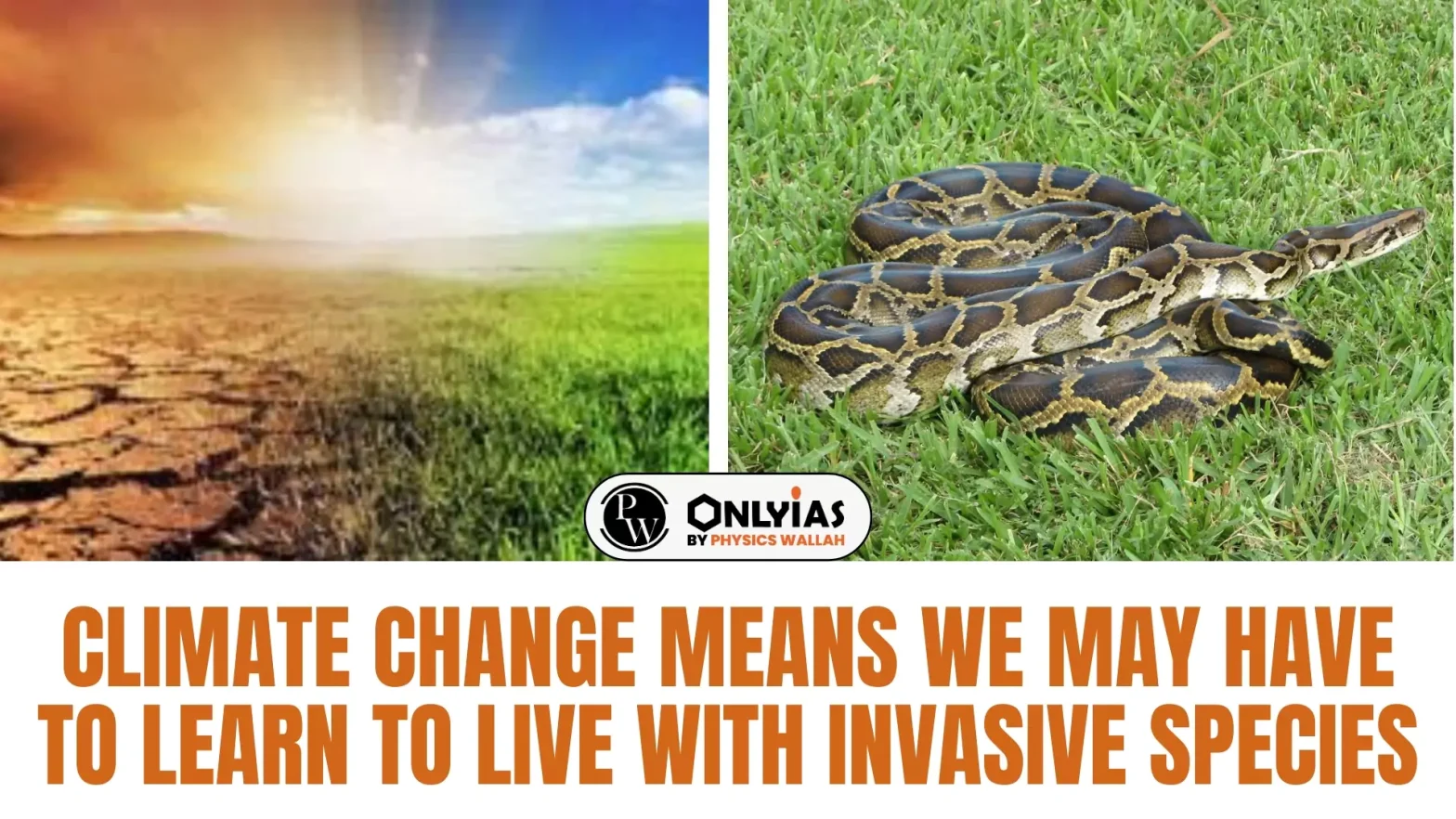Invasive species are often viewed with suspicion, leading to a widespread misconception about their impact on native ecosystems. From non-native “weeds” to insects and aquatic invaders, introduced species continue to be misunderstood and often mismanaged. It’s important to recognize that the vast majority of intentionally or unintentionally introduced species do not pose a threat to native ecosystems.
Invasive Species
Invasive species are plants, insects, and aquatic organisms that are not native to their current habitats. They often spread into new ecosystems, disrupting local biodiversity. These species are also referred to as non-native or introduced species.
Misconceptions About Invasive Species
There is a common misconception that all invasive species are harmful when introduced into new ecosystems. While some can pose significant threats, this is not universally true. Many introduced species do not negatively impact their new environments and can, in fact, play beneficial roles.
Enroll now for UPSC Online Course
The Impact of Climate Change
As climate change progresses, our relationship with invasive species is evolving. Invasive species can be classified into two categories:
- Accidental Introductions: These species often arrive unintentionally, such as the zebra mussel, which was transported via ballast water in ships from the Black Sea to other regions, where it has since become a significant threat to local infrastructure.
- Deliberate Introductions: Some invasive species are intentionally introduced, as seen with lantana, which was brought to India from South America by British colonists. Lantana has proliferated rapidly, becoming a menace in many national parks like Jim Corbett National Park etc. by outcompeting native vegetation and harming agricultural crops, thereby threatening local biodiversity.
- Efforts to Control Invasive Species: Many efforts aimed at controlling invasive species have proven ineffective and time-consuming. These species often integrate deeply into their ecosystems, making eradication difficult. For instance, herbicides used to eliminate invasive plants can inadvertently harm native flora, leading to declines in beneficial species like butterflies.
Extra Edge:
- Zebra mussels (Dreissena polymorpha) are harmful invasive species that disrupt ecosystems and cause significant economic damage. They filter large volumes of water, depleting phytoplankton—the primary food source for many native aquatic organisms—thereby disrupting food webs and harming fish populations. Their tendency to attach to hard surfaces leads to blockages in water intake pipes and cooling systems, resulting in costly repairs for industries reliant on water supply. Additionally, zebra mussels alter habitats by increasing water clarity, which can promote the growth of certain aquatic plants while competing with native mussels for food and space, ultimately reducing biodiversity. Furthermore, they can transport pathogens that threaten local species, compounding the ecological challenges they pose.
- Lantana (Lantana camara) is a highly invasive plant species that has significant negative impacts on ecosystems, particularly in tropical and subtropical regions like India. Originally introduced for ornamental purposes and as ground cover, lantana spreads rapidly, forming dense thickets that outcompete native vegetation. This aggressive growth inhibits the regeneration of native plants and reduces biodiversity, as it can smother other flora and disrupt local ecosystems.In agricultural settings, lantana poses a challenge by encroaching on cropland, reducing crop yields, and being toxic to livestock if ingested. Its ability to thrive in various conditions, from disturbed sites to undisturbed forests, makes it a formidable adversary in conservation efforts.
|
Rethinking Conservation Approaches
Traditional conservation strategies aimed at preserving forests and ecosystems in their original state are becoming less effective in the face of climate change. As ecosystems naturally adapt, some invasive species may provide benefits in specific contexts. For example, the Siberian elm, while considered invasive, has shown an ability to adapt to drier conditions. In areas where native plants struggle, this species can provide essential ecosystem functions, such as photosynthesis and habitat for wildlife.
- Case-by-Case Assessment: Governments and conservation organisations should adopt a nuanced approach to managing invasive species. Instead of demonising all introduced species, they should assess the potential benefits or harms of each species individually.
- Prioritise Effective Control Measures: Species that pose a significant threat should be targeted for removal, while those that contribute positively to local ecosystems should be allowed to remain.
- Ongoing Monitoring: Continuous observation and research are essential to understand the dynamic roles of introduced species in ecosystems, allowing for informed decision-making regarding management practices.
Check Out UPSC Modules From PW Store
Conclusion
While invasive species can pose challenges, a more balanced and flexible approach that recognizes their potential benefits is necessary. By fostering an inclusive view of biodiversity, we can better navigate the complexities of our changing ecosystems in the context of climate change.
![]() 26 Sep 2024
26 Sep 2024

